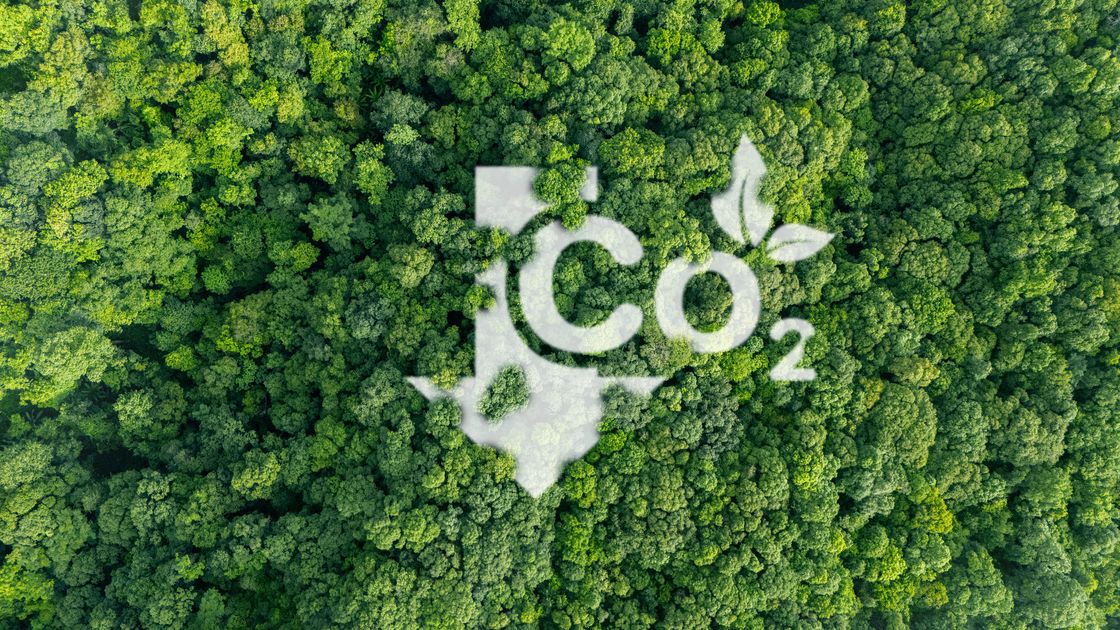In June 2025, Royal Decree 214/2025 of 18 March 2025 creating the carbon footprint, compensation and carbon dioxide absorption projects register and establishing the obligation to calculate the carbon footprint and to prepare and publish greenhouse gas emission reduction plans (“Royal Decree 214/2025”), came into force. This new regulation obliges large companies and public authorities to report their carbon footprints and to prepare and publish greenhouse gas emission reduction plans (“GHG emission reduction plans”). On 27 May, the Spanish government issued a clarification of certain provisions of Royal Decree 214/2025, including its scope and publication obligations.
With this legislation, the Spanish Government is taking a major step forward in the energy transition, advancing towards future application of the Corporate Sustainability Reporting Directive (CSRD) and moving ahead of other countries in the region. This underlines Spain’s ambition to become the EU’s leader in clean energy.
Background
Royal Decree 214/2025 is based on the Spanish Climate Change Act, passed in 2021. Under the Act, the Spanish Government had up to one year (i.e. before mid-2022) to decide which companies were required to calculate and publish their carbon footprints and GHG emission reduction plans.
Despite the title of Royal Decree 214/2025, which comes several years late, it does not create a new carbon footprint register. A voluntary register of carbon footprints, offsetting and capture projects (“Register”) was established in 2014 by Royal Decree 163/2014. The Register is managed by the Spanish Ministry for Ecological Transition and Demographic Challenge (“Ministry”).
Key changes introduced by Royal Decree 214/2025
- Calculation of carbon emissions
In-scope companies must calculate their carbon footprints annually. It is mandatory to include scope 1 (direct emissions) and scope 2 (indirect emissions from energy consumption). Calculation of scope 3 (other indirect emissions) is voluntary, except for public authorities, which must calculate and report these emissions from 2028.
- Registration of carbon footprint
Registration of carbon footprints remains voluntary, except for public authorities, for which it will be mandatory from 2026. Registration is encouraged by the possibility of receiving an official stamp from the Ministry recognising sustainability efforts.
Registration of carbon footprints may also provide an advantage in public procurement. Royal Decree 214/2025 allows authorities to include carbon footprint considerations as environmental criteria in tender procedures.
Royal Decree 214/2025 extends the scope of the existing carbon register to include new categories of capture projects (such as blue carbon) and introduces rules for registering the carbon footprint of events (defined as the total GHG emissions resulting directly or indirectly from all activities carried out to organise the event).
- GHG emission reduction plans
Before Royal Decree 214/2025, companies were required to disclose in their non-financial reporting under the Non-Financial Reporting Directive (“NFRD”, as transposed in Spain) any “voluntary medium- and long-term reduction targets set to reduce greenhouse gas emissions and the means implemented to that end”. The Decree goes beyond the obligation to disclose and establishes the obligation to have a greenhouse gas emissions reduction plan.
A GHG emission reduction plan is defined as a document in which a company sets out its commitment to reducing its carbon footprint within a specified period. The plan must include at least one quantified reduction target compared to a base year, measures to achieve the target, and define the company’s boundaries and scope of impact. From 1 January 2026, and corresponding to the carbon footprint for 2025, this target must be set for a period of at least five years.
Plans must be compatible with the transition to a sustainable economy and align with the Paris Agreement and the EU Climate Law’s objective of achieving climate neutrality by 2050. Royal Decree 214/2025 does not, however, provide guidance on how such compatibility or alignment should be achieved.
In-scope companies must make information on carbon footprints and GHG emission reduction plans publicly available, free of charge, on their websites. Companies may satisfy this publication requirement by including the relevant information in their sustainability reporting.
Which companies are subject to these requirements?
Royal Decree 214/2025 applies to the same companies that, on an individual or consolidated basis, are subject to annual non-financial reporting under the law transposing the NFRD in Spain. It should be noted that the NFRD transposition law broadened the scope of companies subject to non-financial reporting, compared to the NFRD itself.
The Decree therefore applies to companies with more than 250 employees that are either: (i) public interest entities (except small and medium-sized enterprises) or (ii) large companies, meaning those that for two consecutive financial years meet at least one of the following criteria: total assets exceeding EUR 20 million or annual turnover exceeding EUR 40 million.
Certain state authorities and other public sector entities are also required to report this information.
Commencement of new obligations
Royal Decree 214/2025 applies from June 2025. Companies must begin reporting in 2026 in relation to the 2025 financial year.
Relation to the CSRD
It remains unclear how the provisions of Royal Decree 214/2025 will ultimately align with the EU Corporate Sustainability Reporting Directive (CSRD). According to the wording of the Decree, its provisions “may be modified, supplemented or replaced by the provisions enacted in Spain for the transposition of the CSRD”.
Spain has not yet transposed the CSRD. A draft law was submitted to the Spanish Parliament on 15 November 2024, and the legislative process is ongoing. The Spanish Securities Market Commission (CNMV) and the Spanish Accounting and Audit Institute (ICAC) have issued a statement recommending that listed entities prepare sustainability reporting for the financial year 2024 in line with the CSRD and the European Sustainability Reporting Standards (ESRS). The CNMV and ICAC have considered ESRS-compliant sustainability reporting to be compliant with Spanish law, provided that such reports contain certain additional information.
